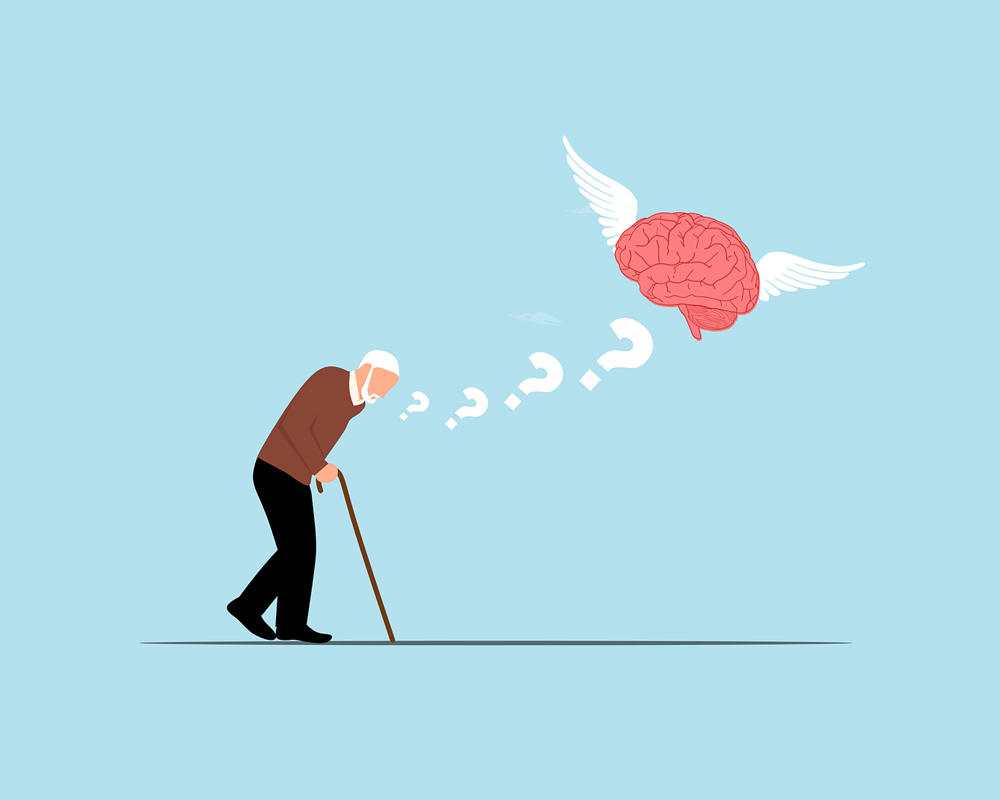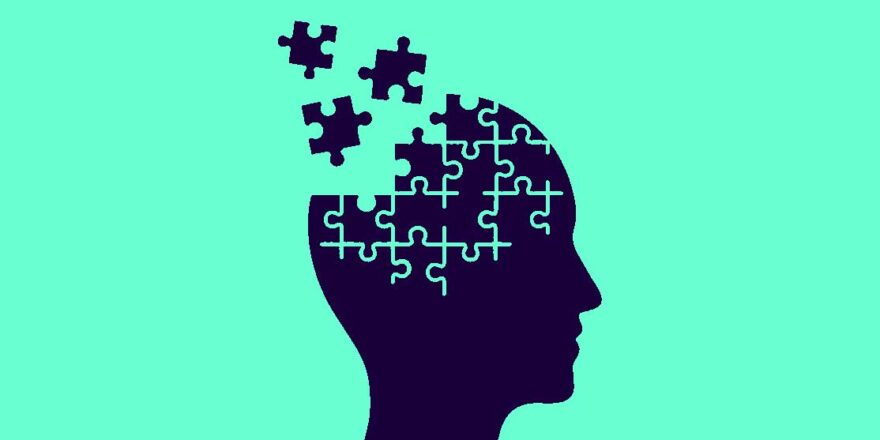Early-onset Alzheimer’s disease, also known as younger-onset, affects individuals between the ages of 30 and 65. Though it’s relatively rare, this form of Alzheimer’s presents unique challenges for both patients and caregivers. With over 6 million people in the United States living with Alzheimer’s, understanding early-onset Alzheimer’s is crucial for providing effective care and support.
Understanding Early-Onset Alzheimer’s Disease
Diagnosing early-onset Alzheimer’s can be particularly challenging. There is no definitive test for Alzheimer’s, and symptoms can often be misattributed to stress or other health conditions, especially in younger individuals. If you notice significant behavioral changes in your loved one, particularly if there is a family history of Alzheimer’s, it’s essential to advocate for thorough testing.
Key Factors Linked to Early-Onset Alzheimer’s
- Genetic Factors: Certain rare genes can directly cause Alzheimer’s, making it more likely to develop at a younger age. Familial genetics also play a role; individuals with a parent or sibling with Alzheimer’s are at higher risk.
- Genetic Testing: Genetic testing can help determine the risk of developing Alzheimer’s, but it’s advised to consult with a genetic counselor before proceeding.
Recognizing Symptoms of Early-Onset Alzheimer’s
Symptoms of early-onset Alzheimer’s are similar to those of later-onset but may be harder to identify in younger individuals. Key symptoms include:
- Short-term Memory Changes: Initial memory loss can be subtle and often noticed alongside other symptoms.
- Confusion: Difficulty finding the right words, trouble with decision-making, or confusion about familiar things.
- Mood Swings: Noticeable changes in mood or personality without an apparent cause.
- Difficulty Maintaining Focus: Challenges in sustaining attention or completing tasks.
Given the uniqueness of each individual’s experience, it’s vital to pay attention to any behavioral changes and seek medical advice if concerned.
Diagnosis Challenges
Diagnosing early-onset Alzheimer’s can be frustrating due to the need for multiple consultations and tests. Cognitive tests, brain imaging, and other diagnostic methods help rule out other conditions and arrive at the correct diagnosis.
Coping with the Stigma of Alzheimer’s
The stigma surrounding Alzheimer’s often leads to delayed diagnosis and planning. Feelings of shame or fear can prevent individuals from seeking help. It’s essential to address these emotions and break down the misconceptions about Alzheimer’s.
Managing the Emotional Impact
- Addressing Stigma: Misconceptions can lead to withdrawal from social interactions and a lower quality of life. Education and open conversations can help.
- Support Systems: Engaging with friends, family, and support groups can improve the emotional well-being of both the patient and the caregiver.
Treatment and Management of Early-Onset Alzheimer’s
While there is no cure for Alzheimer’s, the focus is on maintaining mental and physical functioning for as long as possible. This includes:
- Medications and Health Routines: Working with healthcare professionals to find the right combination of treatments.
- Cognitive Training and Exercises: Activities that stimulate the mind can help manage symptoms.
- Daily Routines: Maintaining regular routines and encouraging social interactions.
- Physical Activity: Keeping active with daily exercise.
- Engagement in Hobbies: Participating in favorite activities and reflecting on fond memories.
Life with Alzheimer’s can still be fulfilling with the right support. Early diagnosis allows for better management of the disease and involvement in planning for the future.
Support from Care At Heart Home Care
You are not alone in your caregiving journey. At Care At Heart Home Care, we are here to support you every step of the way. Contact us to learn more about how we can assist you in providing the best care for your loved one with early-onset Alzheimer’s.
By understanding and addressing the unique challenges of early-onset Alzheimer’s, caregivers can provide compassionate and effective support, enhancing the quality of life for those affected by this condition.




